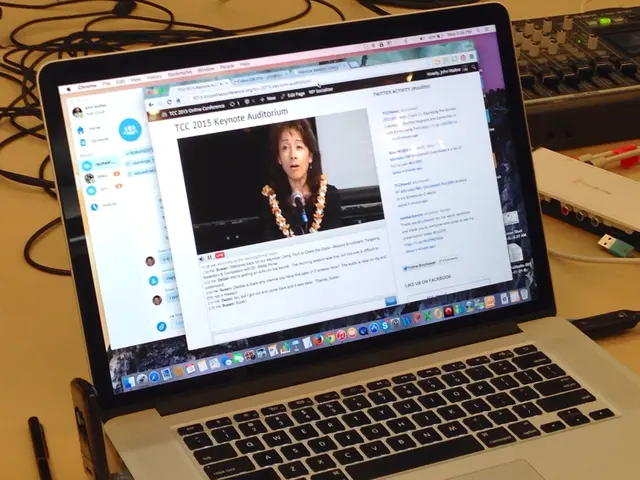Overtime labor hours totaling 5.9 million are being actively pushed in Recklinghausen, with a significant number being worked at no pay.
In the Recklinghausen district, a significant concern is rising over the federal government's plans to reform the Working Hours Act. The proposed changes could potentially allow employers to demand up to 12 hours and 15 minutes of work per day, according to reports.
Martin Mura, the head of the Nahrung-Genuss-Gaststätten (NGG) Ruhrgebiet, has expressed his concern about these changes. He argues that extending working hours is not a solution to the problem of missing skilled workers. Instead, he emphasises the importance of good working conditions, better compatibility of family and work, systematic training, and more training as the right levers for fostering a more skilled workforce.
The union NGG warns that the overtime in the Recklinghausen district is likely to grow in the near future, with approximately 3.1 million hours of overtime worked last year remaining unpaid. The Pestel Institute calculated that 53% of all overtime hours worked in the district were unpaid.
The union is particularly concerned about those who have to balance family, career, and caring for relatives. Currently, 59% of all part-time jobs in the Recklinghausen district are held by women, and the union fears that these changes could exacerbate the already challenging situation for these individuals.
Mura appeals to federal parliamentarians from the Recklinghausen district and the region to stop tinkering with the Working Hours Act in Berlin. He argues that fiddling with working hours is nothing but patching holes in a thin staffing cover. Instead, he suggests focusing on creating better working conditions and supporting employees in their personal and professional lives.
The union NGG Ruhrgebiet refers to figures from the employment agency to highlight the potential impact of these changes. In hotels and catering establishments alone, around 91,000 overtime hours were worked last year. If the federal government reforms the Working Hours Act, employers could potentially force employees to work 73.5-hour weeks (six days of 12 hours and 15 minutes).
The head of NGG Ruhrgebiet expresses concern about employers potentially exploiting these changes, leading to overloaded working weeks. He argues that this could lead to physical and mental exhaustion, an increased risk of workplace accidents, heart and circulatory diseases, and burnout.
However, it is worth noting that flexible working hours within the framework of the Working Hours Act and through collective agreements concluded by the NGG are common for many employees. These arrangements provide a degree of flexibility that could be beneficial for both employers and employees.
Despite repeated attempts, the search results do not provide specific names of federal politicians from the Recklinghausen district or the Ruhr region who have been asked by the NGG Ruhrgebiet to prevent changes to the Working Hours Act in Berlin. The union continues to advocate for better working conditions and fair treatment of employees as the reform discussions continue.








